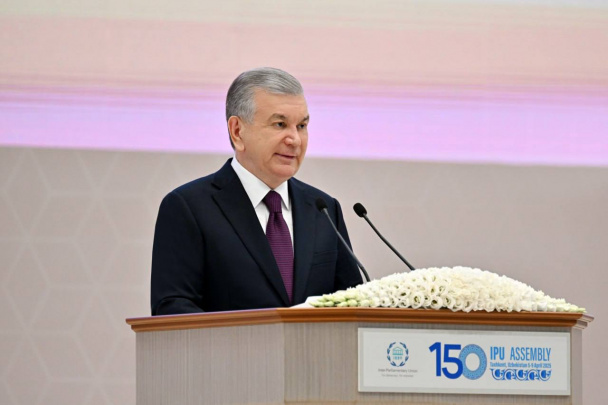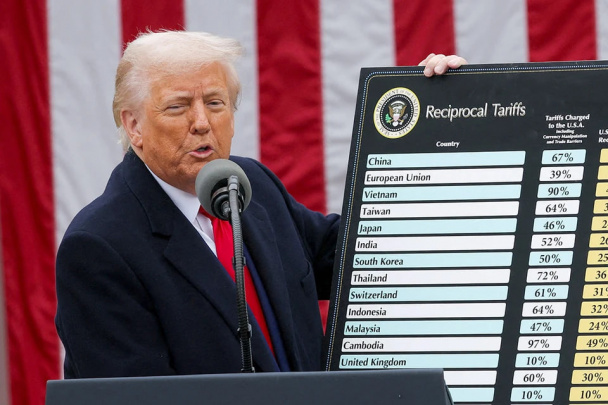Central Bank reports drop in inflation expectations amidst currency concerns
Inflation expectations among citizens and businesses have shown a decline in October following two months of increase, according to the Central Bank of Uzbekistan.

Photo: Spot
The latest survey indicates that the anticipated inflation rate for the next 12 months now averages 12.8%, down 0.5% from September’s level, with a median projection of 10.9%, a slight decrease of 0.2%.
The survey highlights regional disparities in inflation expectations, with the Tashkent region recording the highest projections at 14.8%, followed by Samarkand and Syrdarya at 13.9%. In contrast, the lowest expectations came from Karakalpakstan (10.8%), Bukhara and Navoi (11.4%), and Tashkent city and Surkhandarya (11.6%).
In terms of occupational differences, professionals in household services (14.1%), education (13.7%), and construction (13.6%) sectors expressed the highest inflation expectations, while those in industrial (10.6%), food service (11.5%), and tourism (11.6%) sectors reported more conservative outlooks.
Income levels also influenced inflation projections. Households earning between 10 and 15 million UZS per month expressed the highest expectations (14.4%), followed by those with monthly incomes over 15 million UZS (13.9%) and 7–10 million UZS (13.5%). In comparison, citizens earning below 2 million UZS per month reported lower expectations (12.1%).
The survey identified currency fluctuations as the main driver of inflation expectations, cited by 51% of respondents. Other significant factors included rising utility tariffs (47%) and energy prices (46%). The influence of wage and pension increases declined sharply, noted by only 31% of respondents in October.
For entrepreneurs, inflation forecasts similarly decreased, with an average expected rate of 12%, down by 0.6 percentage points. Regional expectations were highest in Navoi (14.4%), Andijan (13.6%), and Tashkent and Jizzakh (12.7%), while the lowest were in Karakalpakstan (10%), Namangan (10.6%), and Bukhara (10.9%).
Sector-specific expectations among businesses were highest in transportation (13.6%), education (13.2%), and cultural services (12.6%), while agriculture (11.1%), trade (11.6%), and construction (11.7%) showed more moderate outlooks.
Currency fluctuations (50%), along with utility and energy cost increases (42% each), remained the top concerns for business owners, followed by wage increases (30%) and transportation costs (29%).
This decrease in inflation expectations reflects optimism in the economic outlook, albeit tempered by ongoing concerns over exchange rate volatility and living costs.
Related News

18:40
Uzbekistan becomes world’s largest gold seller in February — WGC

12:03
Uzbekistan’s gold and foreign exchange reserves near record $48 billion

14:31 / 07.04.2025
Shavkat Mirziyoyev: Uzbekistan cut poverty rate from 35% to 8.9% in eight years

12:16 / 04.04.2025



